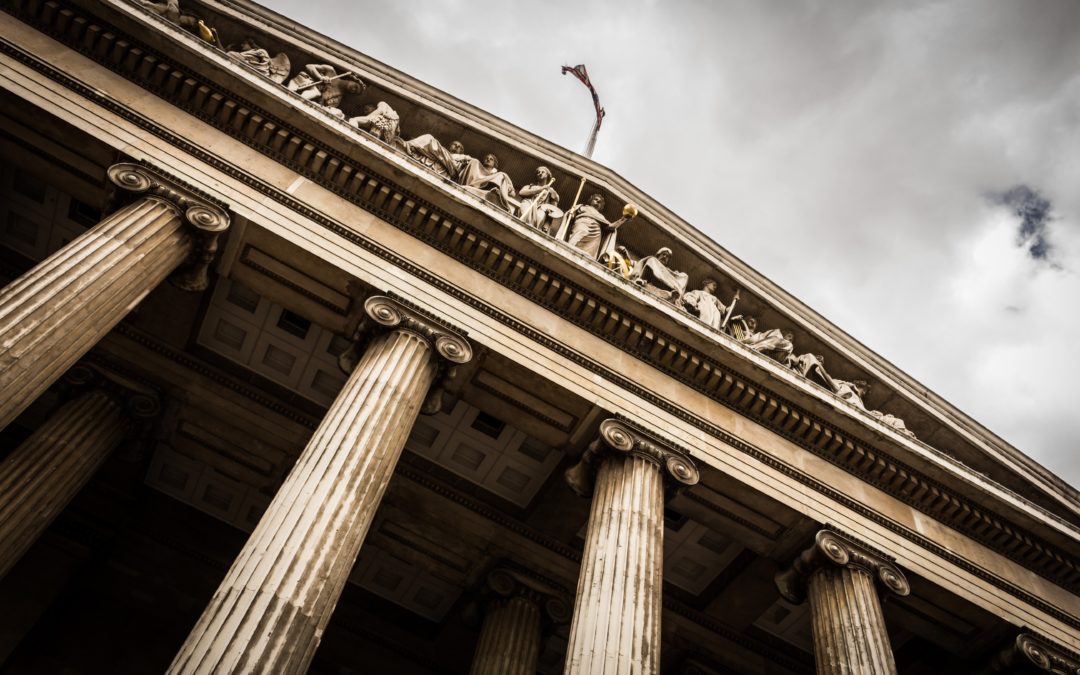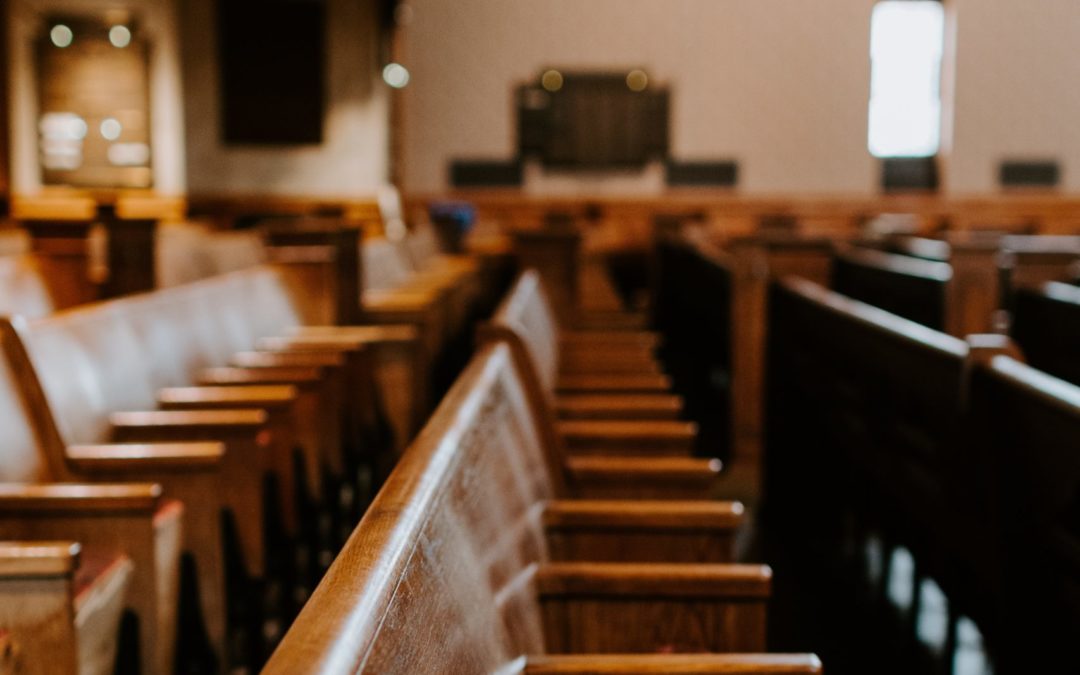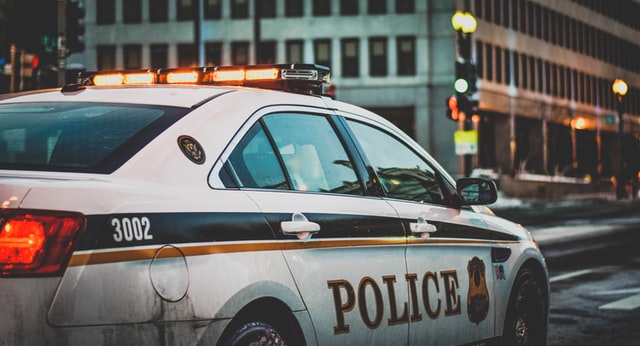
by Laghe Andrews | Sep 29, 2023 | Latest, Social Justice |
Photo by Sebastian Pichler on Unsplash
A Louisiana judge has recently made a groundbreaking decision in the realm of juvenile justice, ordering the transfer of young inmates from a maximum-security facility to a more suitable environment. This action resonates as a significant stride towards social justice, particularly for those who have been advocating for the rights of incarcerated minors.
The Backdrop of the Decision
The Louisiana State Penitentiary, colloquially known as Angola, has been housing youth inmates under inhumane conditions. The penitentiary, infamous for its maximum-security status, has been the subject of numerous lawsuits and protests against its treatment of minors.
“The conditions at Angola were more than just harsh – they were downright cruel and unusual.” – Advocate for Juvenile Justice
Federal Judge Shelly Dick, the Louisiana judge in question, ruled in favor of a civil lawsuit brought against the state by advocates and family members of the incarcerated minors. On a momentous day in September, she ordered state officials to execute the transfer of these young inmates.
Parental and Advocacy Outcry
Parents and advocates have long argued against the placement of minors in Angola. The prison, which operated as a slave plantation in the past, is known for its sweltering heat and harsh conditions. They argued that it was inappropriate for minors to be housed in such an environment.
Angola: A Glimpse into its History
Angola, once a slave plantation, was converted into a prison during the Civil War before becoming a death row facility for adults. The prison is recognized as the largest maximum-security facility in the country, with the capacity to house over 5000 offenders.
The American Civil Liberties Union (ACLU) of Louisiana has been active in this fight for justice. David Utter, the lead counsel on the case, issued a statement voicing the demand for investment in children, not punishment. He called upon Louisiana’s leaders to address the systemic failures in the state’s juvenile justice system.
The Deadline for Justice
The state has been given a deadline until the middle of September to rehouse the youth. This decision is a significant step toward ensuring that all children — Black, Brown, and white — have equal access to opportunity and justice.
The Louisiana judge’s ruling serves as a beacon of hope for youth inmates and a victory for social justice advocates. As the story unfolds, it remains to be seen how the state responds and what further steps will be taken to protect the rights of incarcerated minors.

by Jonathan P-Wright | Jul 17, 2023 | Latest, Social Justice |
Photo by Kelly Sikkema on Unsplash
A noteworthy development has taken place as a Louisiana judge has rendered a decision to dismiss the obstruction of justice charges against the officers accused in the fatal assault of Ronald Greene. The incident, which occurred in May 2019, involved several former Louisiana state troopers who were accused of violently beating and tasing Ronald Greene during a fatal confrontation.
Judge Rogers issued the ruling and set a three-day deadline for prosecutors to rectify the deficiencies identified by the court regarding the three other defendants: Kory York, John Clary, and Chris Harpin. Failure to address these shortcomings could lead to the judge dismissing additional charges. The case has garnered significant public interest and raised grave apprehensions regarding police misconduct and the issue of accountability. The brutal assault suffered by Ronald Greene has deeply disturbed the nation, underscoring the immediate necessity for justice and reform within law enforcement agencies. The dismissal of the obstruction of justice counts adds another layer of complexity to an already contentious legal battle.
The decision by Judge Rogers is not the final word in this ongoing legal saga The survivors of the Tulsa Race Massacre retain the option to file an appeal against the ruling, ensuring that their quest for justice regarding Ronald Greene’s tragic death persists. The dismissal of the obstruction of justice charges raises significant inquiries about the accountability of law enforcement officers and the justice system’s responsibility in ensuring they are held liable for their conduct. The public’s demand for transparency and justice in cases of police violence is stronger than ever, and this latest development will undoubtedly fuel the conversation around police reform and the need for comprehensive changes in the way officers are trained, supervised, and held accountable.
The fate of the remaining charges against the officers involved in Ronald Greene’s assault remains uncertain. The court’s decision to dismiss the obstruction of justice counts underscores the challenges faced by prosecutors in these cases, as they strive to bring justice to victims and their families while grappling with the complexities of the legal system.
As the legal battle continues, it is crucial to remember Ronald Greene and the countless other victims of police violence. Their stories serve as a reminder of the urgent need to address systemic issues within law enforcement agencies and work towards a more just and equitable society.
The dismissal of the obstruction of justice counts is a setback in the pursuit of justice for Ronald Greene, but it is by no means the end. The fight for accountability and meaningful reform in the face of police brutality will persist, fueled by the voices of activists, community leaders, and concerned citizens who refuse to accept the status quo.
The focus remains on seeking justice for Ronald Greene and ensuring that incidents of police assault are thoroughly investigated, officers are held accountable, and meaningful changes are implemented to prevent such tragedies from happening in the future.

by Tanyette McCoy Davis | Dec 14, 2022 | Latest, Social Justice |
According to reports, on November 6, Derrick Kittling, a black man, was shot to death during a traffic stop in Alexandria, Louisiana. The victim was reportedly pulled over by a white officer for having illegally tinted windows on his Chevrolet Silverado. During the stop, the officer allegedly shot Kittling multiple times, killing him. The Louisiana incident is currently under investigation, and it is unclear what exactly led to the shooting. However, this tragic incident highlights the ongoing problem of police violence against black men in the United States.
Kittling was then asked to step out of the car, and when he did, the officer shot him multiple times. Kittling’s family is now demanding answers from the police department, as they believe that the shooting was unjustified. His sister, Kimberly Kittling-Barnes, told Vice that her brother was “a good man” who “didn’t deserve this.”
The family has set up a GoFundMe page to help with funeral expenses. This Louisiana tragedy is yet another example of the unjustified violence that Black people face at the hands of police officers in the United States. In 2018 alone, there have been 275 reported cases of police shootings of unarmed Black people, according to Mapping Police Violence. This number is far too high, and something needs to be done to stop this cycle of violence.

by Jonathan P-Wright | Dec 13, 2023 | Latest, Social Justice, Uncategorized |
An iconic figure in the world of hip-hop, Hurricane Chris, has had his share of tumultuous times recently. This article dives into the rapper’s journey from the courtroom to his ongoing fight for social justice.
The Dawn of the Storm
In March, the rapper, best known for his hit “A Bay Bay,” was acquitted of a 2020 shooting incident that resulted in the tragic demise of a 32-year-old man, Danzeria O. Farris. He expressed his sentiments openly about the incident in a detailed interview with TMZ.
“My goal is to spread the message of empathy for everyone involved in the situation as widely as possible,” he expressed.
A Nod to Respect
Hurricane Chris has always emphasized the importance of maintaining respect, regardless of the circumstances. He stressed this during his recent interview.
“No matter what transpires, you always want to uphold respect wherever it’s feasible. I’m from Louisiana; it’s a small place. It’s not California or Chicago. If you’re reckless with your words, you’re likely to face repercussions.”
The Road to Justice
Following his acquittal, Hurricane Chris has been vocal about his dissatisfaction with law enforcement’s handling of his case. The Shreveport police department’s conduct during the investigation has raised several questions. He detailed his grievances, stating how the police’s lack of thorough investigation had cost him.
The Lawsuit
Allegedly, the police failed to conduct a proper investigation into Hurricane Chris’s case. The rapper plans to sue the Shreveport PD for their misconduct. He claims that their negligence led to his loss of over $1.4 million, along with a promising movie deal and a contract with a top acting agency in Louisiana.
Conclusion: A Pursuit of Social Justice
Despite the challenges faced, Hurricane Chris continues to use his platform to advocate for social justice. His journey serves as a stark reminder of the issues plaguing our justice system and the importance of accountability.

by Derrick T Lewis | Aug 2, 2023 | Latest, Social Justice, Uncategorized |
A solemn chapter in the quest for justice unfolds as former Shreveport Police Department officer Alexander Tyler appears in court, entangled in the aftermath of the fatal shooting of Alonzo Bagley, a Black man whose life was tragically cut short. The proceedings, which took place on July 24, marked a pivotal moment in a case that has drawn nationwide attention and heightened calls for accountability within law enforcement.
In a courtroom charged with emotion, Alexander Tyler, a white former officer, entered a plea of not guilty to charges stemming from the shooting incident that claimed the life of Alonzo Bagley in February. Tyler faces charges of first-degree negligent homicide and felony malfeasance, with prosecutors recently adding a second felony charge to the list. If found guilty, both counts carry potential sentences of up to five years in prison, a reflection of the gravity of the accusations.
The events leading up to the fatal encounter were captured on bodycam footage, a chilling testament to the realities of this tragic incident. The events transpired on February 3 when law enforcement were called to an apartment complex in the Shreveport, Louisiana region following reports of a domestic disturbance. What followed in the wake of their arrival would reverberate deeply within the community. Alonzo Bagley, a 43-year-old Black man, chose to escape the clutches of the authorities by vaulting from a balcony, setting in motion an intense pursuit on foot that would hold the attention of all those involved.
The bodycam footage revealed the pivotal moments that culminated in tragedy. As officers closed in on Bagley, Alexander Tyler discharged his weapon, striking Bagley in the chest. The visual documentation of the encounter has ignited a wave of outrage and intensified demands for transparency and accountability within the criminal justice system.
Proponents of accountability argue that while law enforcement officers indeed face perilous situations, the public expects that they will exercise sound judgment and adhere to strict guidelines, particularly when it comes to the use of lethal force. Tyler’s legal history, including two suspensions from the force and an ongoing investigation into previous violations, casts a shadow over his actions and raises questions about his fitness to serve as a protector of the community.
In response to these deeply troubling developments, community leaders, activists, and concerned citizens are rallying for a thorough and impartial investigation. The case of Alonzo Bagley’s death echoes a larger nationwide conversation about systemic issues within law enforcement and the urgent need for reform.
As the legal proceedings unfold, the outcome of this case will undoubtedly have significant implications, not only for the individuals involved but also for the broader movement for justice and accountability. The plea of not guilty signifies the beginning of a complex journey towards truth and justice, one that will require a steadfast commitment from all corners of society to ensure that the memory of Alonzo Bagley is honored and that incidents like this never happen again.








RECENT COMMENTS